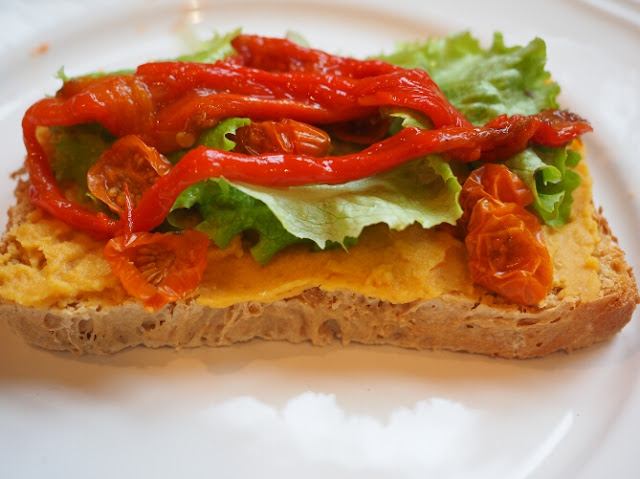One of my
goals this year is to plant more fruit trees. We currently have three apple tress, so it was time to expand. J is a fan of pears and I'm in the pears are alright category. However, I've never had a ripe-off-the-tree pear, so perhaps my opinion of pears will improve.
In researching pears for my area, the biggest problem is fire blight, which is caused by the bacterium
Erwinia amylovora. From what I've read fire blight can be very destructive and kill apple and pear trees. According to
Clemson University, the best strategies to reduce fire blight are to select resistant varieties, use sanitary measures and avoid excess nitrogen. My search began for resistant pear varieties.
Warren kept coming up when I searched for fire blight resistant pears. It appears that this variety was developed in Mississippi and any hot and humid climate has a greater risk of fire blight. It is considered the best pear tree for southern states. The descriptions I read also makes it sound delicious and a good keeper. Of course I was going to need another tree for pollination, so my research continued for pears that can handle the humid south.
I ended up back at
Century Farm Orchards, where I had ordered my
southern heirloom apple trees. They also sale some pear trees and there was one I found especially intriguing, the Plumblee pear. It is described as a sweet and juicy pear with disease resistance. What intrigued me was that it is a local pear and was grown by their friend’s father for decades. This orchard is only about two hours from here, so the climate, diseases and pests should be very similar. That was pretty much all the information that was available for this pear, except that the guy that grows all these southern heirloom apple trees likes this pear better than most apples! Well, I was sold.
I kept reading about these varieties and found that some people were having problems with
Warren not setting fruit. It seems that it is not a good pollinator. It would be sad to wait several years for pear trees to mature and then not get any fruit, so I thought I should get one other pear just to make sure there will be some pollination going on. I wanted to order everything from Century Farm Orchards to avoid paying more shipping costs. Of the other varieties they had available it seemed that Keiffer and Seckle were my best bets for fire blight resistance. Keiffer, however, has a reputation for being hard and gritty, so even though it has high disease resistance, it was voted off the pear tree list. The third pear variety will be Seckle. It is described to have moderate resistance to fire blight, so hopefully that will be adequate. It is a small dessert pear that is very sweet and good for canning.
Our three pear trees arrived at the beginning of January and we planted them the first weekend of the month. Now we have three apple trees and three pears in our growing little home orchard. Our next step is to mulch and put up a fence barrier for the deer and beavers and then we just have to wait.
Gardening has increased my patience. I remember the first time I planted asparagus I was appalled that it was going to take three years for harvest. Now I have pecan trees that will take ten or more years to mature, so five to seven years for pears and apples doesn't seem too long.









